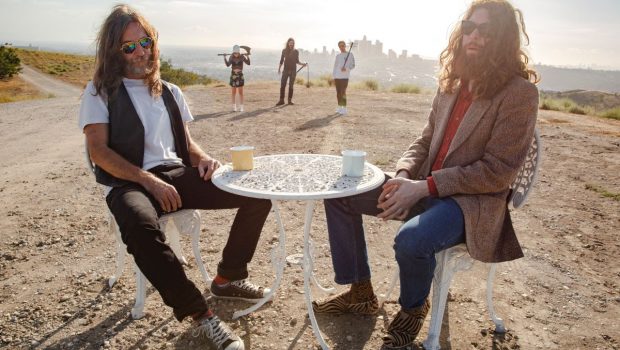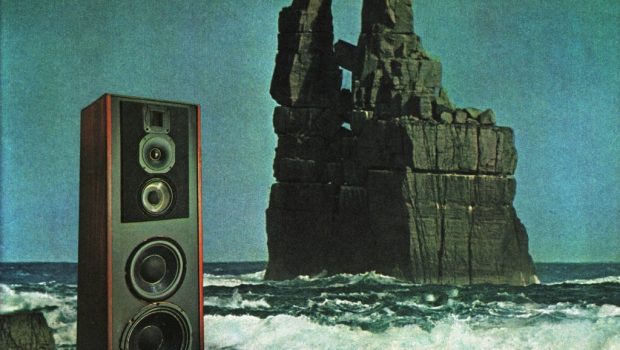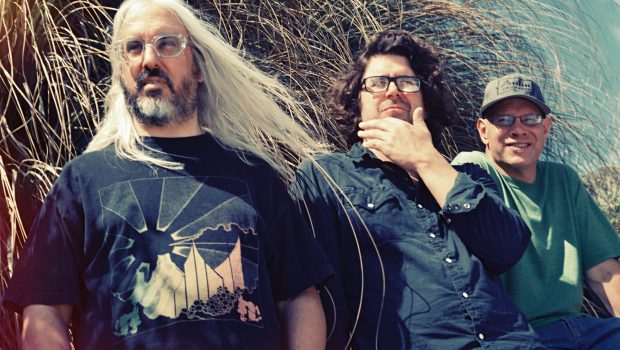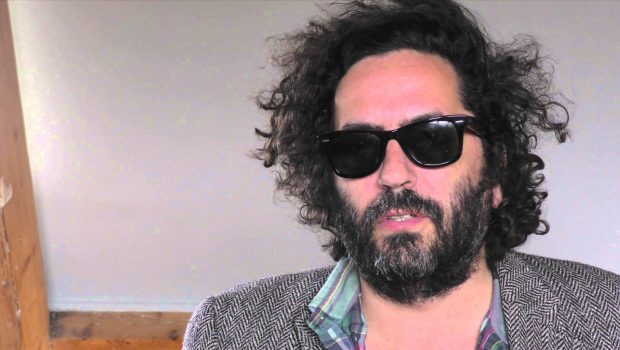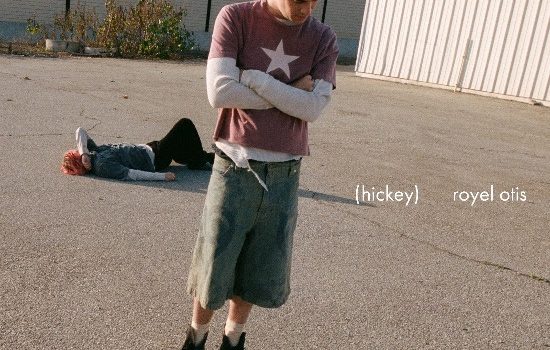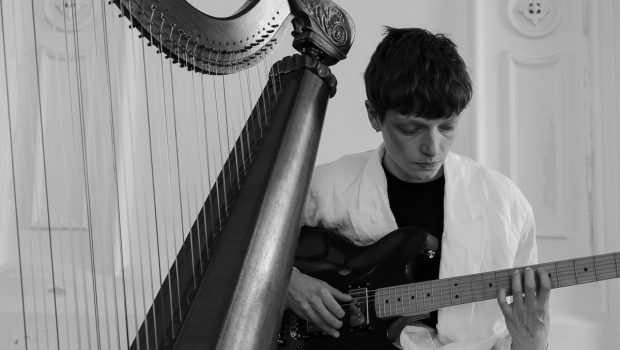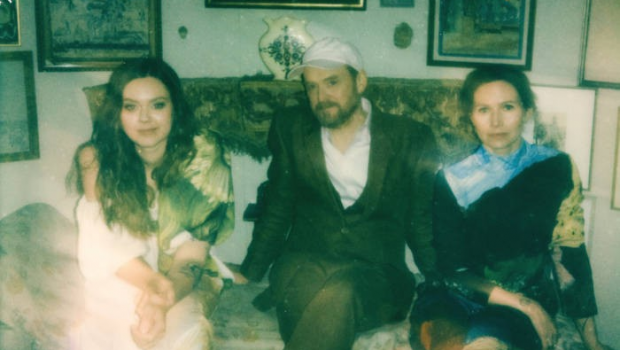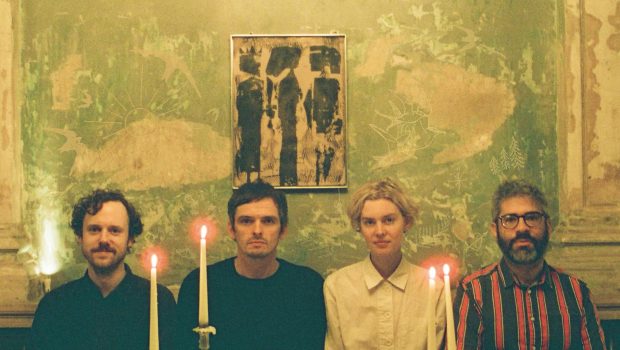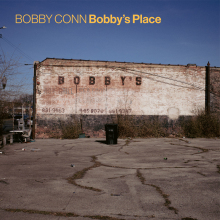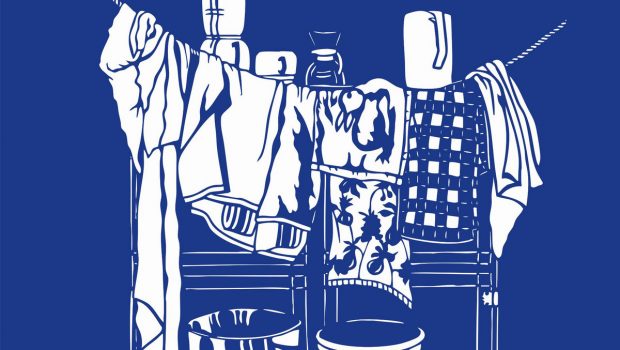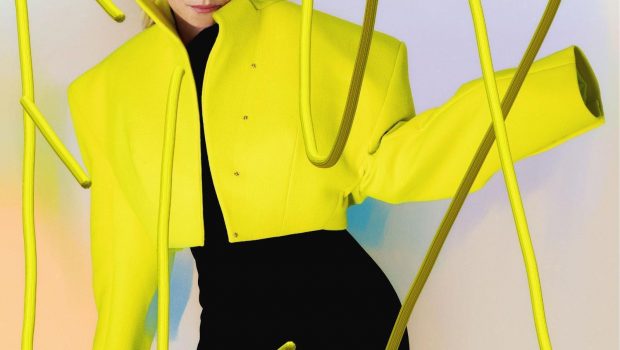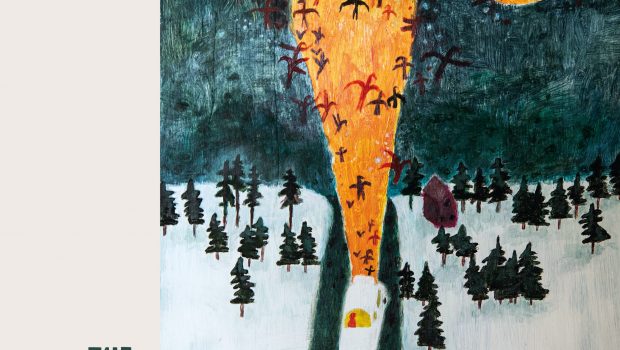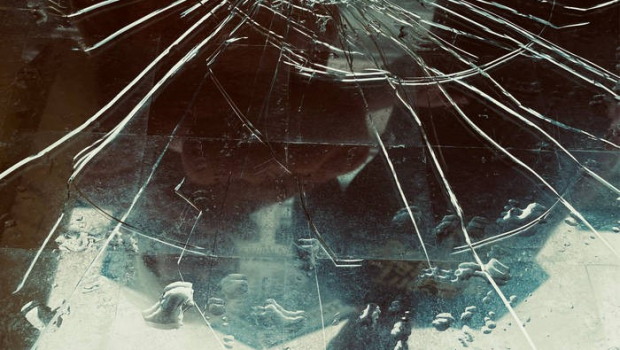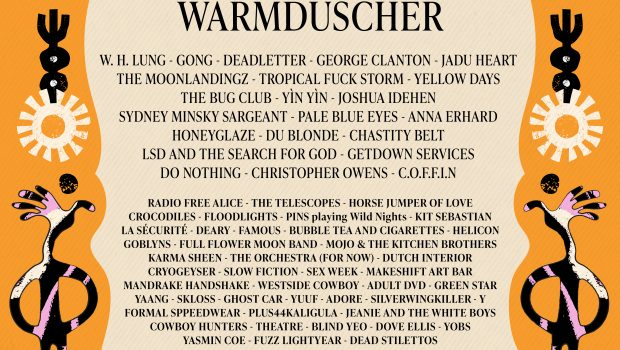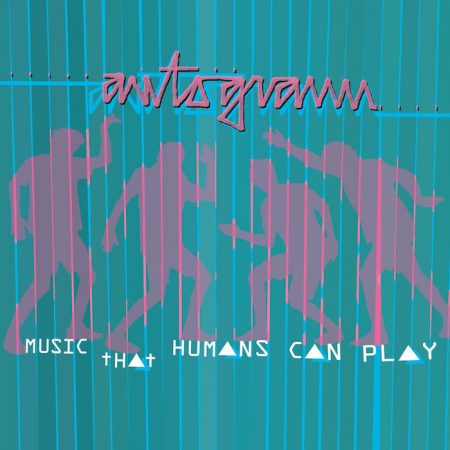 Scattered across Vancouver, Seattle, and Chicago, Autogramm are purveyors of a new wave electronica sound which manages to meld the best bits of 80s power pop with a harder punked up edge. They may have drawn inspiration from the likes of Gary Numan, The Cars, Bowie and Prince yet Autogramm’s third album ‘Music That Humans Can Play’ is brimming with a fierce DIY punk attitude too. The band are all skateboarders, who have been actively involved in various art, punk, skater communities around the globe, an ethos they’ve each brought with them to Autogramm by doing all the recording, visual art and videos themselves.
Scattered across Vancouver, Seattle, and Chicago, Autogramm are purveyors of a new wave electronica sound which manages to meld the best bits of 80s power pop with a harder punked up edge. They may have drawn inspiration from the likes of Gary Numan, The Cars, Bowie and Prince yet Autogramm’s third album ‘Music That Humans Can Play’ is brimming with a fierce DIY punk attitude too. The band are all skateboarders, who have been actively involved in various art, punk, skater communities around the globe, an ethos they’ve each brought with them to Autogramm by doing all the recording, visual art and videos themselves.
‘Music That Humans Can Play’ is an album which may have been born out of desolate times, with the band members scattered across various cities and feeling a sense of isolation, yet the catchy melodies and uplifting electronica power those sentiments along beautifully. We caught up with the band who go by the names of Jiffy Marx (vocals, synths, guitars), The Silo (vocals, drums, synths, guitars), CC Voltage (vocals, bass, guitars), and Lars Von Seattle (guitars, vocals) to find out more about their love of 80s film soundtracks and why we should all remember to dance more!
The album seems to to radiate positivity, with one of my favourite tracks veins ‘Born Losers’. In that tune you mention “we’re all born losers, until someone lets us in” and “but it’s not the end of the world.” For me that seems to be a message of positivity but what actually inspired that sentiment?
Jiffy Marx: It is definitely meant to be a message of hopefulness. I guess I write a lot about my own anxieties and self doubt, and how I often deal with those issues by reminding myself that it’s perfectly “normal”. I also think the Covid pandemic has given the “end of the world” line new meaning!
You all grew up in different areas, who were your inspirations either musically or non musically in your hometowns and how has that influence filtered through to your song writing today?
Jiffy: I’ve come to realize that I’ve been a fan of new wave and powerpop most of my life in part due to what I heard on the radio growing up as well as in movies. Classic 80s movies like Breakfast Club and Valley Girl may not have all aged well content-wise but the soundtracks are still top notch!
Silo: The Cure was my favourite band in the world when I was 12, and although many other musical likes have come and gone in the MANY intervening years, that one has not changed at all! Still as psyched to listen to them now as I was then.
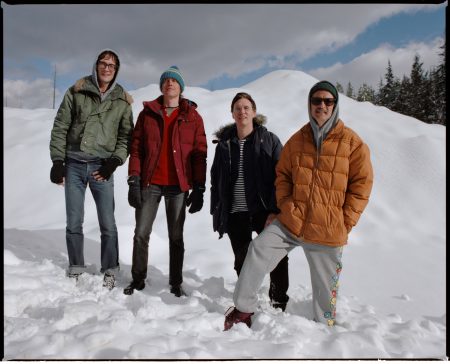 You’re inspired by a lot of synth pioneers such as OMD, Gary Numan as well as guitar pop, what is it about that power synth pop sound that you find so appealing?
You’re inspired by a lot of synth pioneers such as OMD, Gary Numan as well as guitar pop, what is it about that power synth pop sound that you find so appealing?
Silo: For us it was about bringing together two things that we loved, and highlighting this very small niche of music like Gary Numan and The Cars and 20/20 such where those worlds collided, momentarily. We love the raw melodies of The Nerves and the sonic inventiveness of Kraftwerk, it’s just such a rad thing to bring them together!
As well as the 80s synth influences, there also seems to be elements of Tom Petty and The Ramones in your sound too, were those bands an influence as well?
Jiffy: I consider The Ramones one of the greatest bands of all time, if not the greatest. Tom Petty is also a huge influence, his mastery of powerpop songwriting is up there with Paul Collins and Pete Shelley for me personally.
In ‘Why Do We Dance’ you mention “we need an escape from this dark life” and “you ask why do we dance, why don’t you give it a chance”, and you also reference the brilliant queen of funk, Betty Davis. It seems to be about the joy of losing yourself on the dance floor, We’re you all great clubbers growing up, which clubs did you go to and what effect did the whole clubbing scene have on you and your music?
Silo: I wrote those lyrics about my own ecstatic relationship with dancing. I’ve never been a total club kid, but I love disco and techno and house music, and quite apart from any genre I just always thought that dancing was the ultimate abandon, and I fucking love doing it. I’ll dance to anything I like, and people around me will think I’m out of my mind, and I just don’t care. I think it’s a really lovely way to bond with other people too, you just get silly on the dance floor, let down your guard, forget about being cool and there are NO RULES!
When did you realise you wanted to be a musicians full time and if you weren’t doing music full time what job would you probably be doing?
Silo: Can’t even imagine where I’d be without music – probably face down in the gutter!
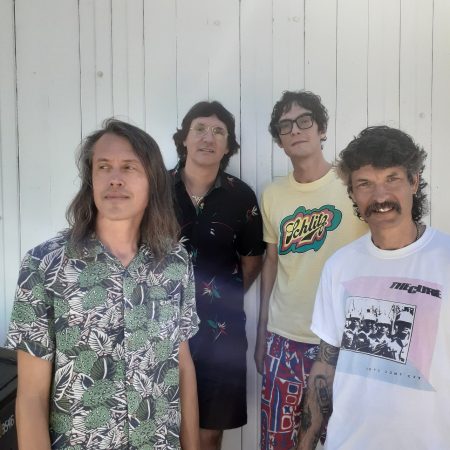 As you’re scattered across various cities and countries, how does the collaborative song writing process work?
As you’re scattered across various cities and countries, how does the collaborative song writing process work?
Silo: We send our demos back and forth, and most importantly, we give each other the freedom to have at ’em. It’s really important to keep a collaboration going, it makes Autogramm a true band. It’s all very democratic.
When you’re writing, do you just record on to your phone or do you go old school and use a 4 track, and then how does it develop?
CC: We all have various methods of capturing ideas I think. I personally use voice memos if I hear a melody. But usually write from a basic guitar riff with fake drums in Garageband. Full Ramones sounding stuff. Then I just work backwards and dissect the guitars a bit and add more interesting bass lines.
The Silo was apparently finishing songs on the plane to Chicago on the way to the studio, when you are doing song writing on the move, what do you use, Cubase, Ableton etc?
Silo: On the move, I’m just writing down random lyrical thoughts or phrases, or recording a melody idea on my phone! But as I’m an engineer, when I get home, I’ll flesh out my ideas in my little studio; work on whatever parts I envision. But I try not to set anything in stone – gotta leave some room for the others to add their imprint of course!
You’ve been involved in the skateboarding scenes in your hometowns, do you still find time to skate now, and what is it about skateboarding that you still enjoy?
Jiffy: I still skate as much as I can, it’s basically the only exercise i get! If I can get out to a skatepark once or twice a week it does a lot for my general mood.
Will you be touring soon and are there any plans to play the UK and Manchester?
Silo: 2024! We’re definitely planning to come to Europe, and we REALLY hope that we can get to the UK – Manchester would be amazing!
What’s next for you, more song writing, any other future projects in the pipeline either for this band or any of your others?
CC: Everyone has a lot of projects on the go. Silo and Jiffy have their other bands like Lightning Dust and Night Court, and I run a PR company called No Rules PR. It means that we have to plan way into the future to make things happen, but we seem to get it done. This album barely made it into existence, but we’re all very glad it did. That’s all to say, we’re busy, but we’ll probably keep putting out music anyway!
Autogramm: Music That Humans Can Play – Out 27th November 2023 (Stomp Records)
